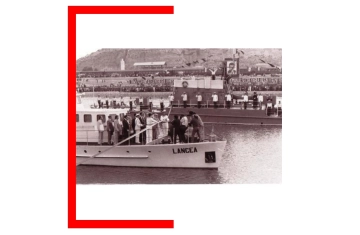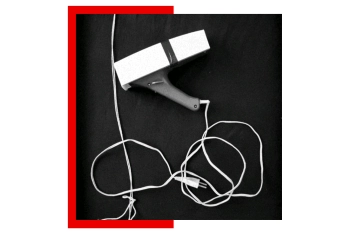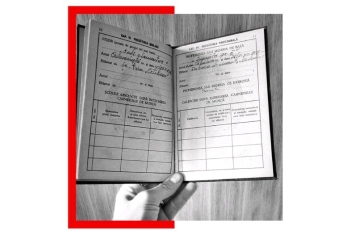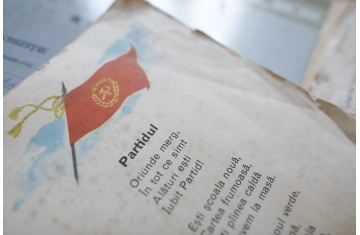The first free elections since 1937
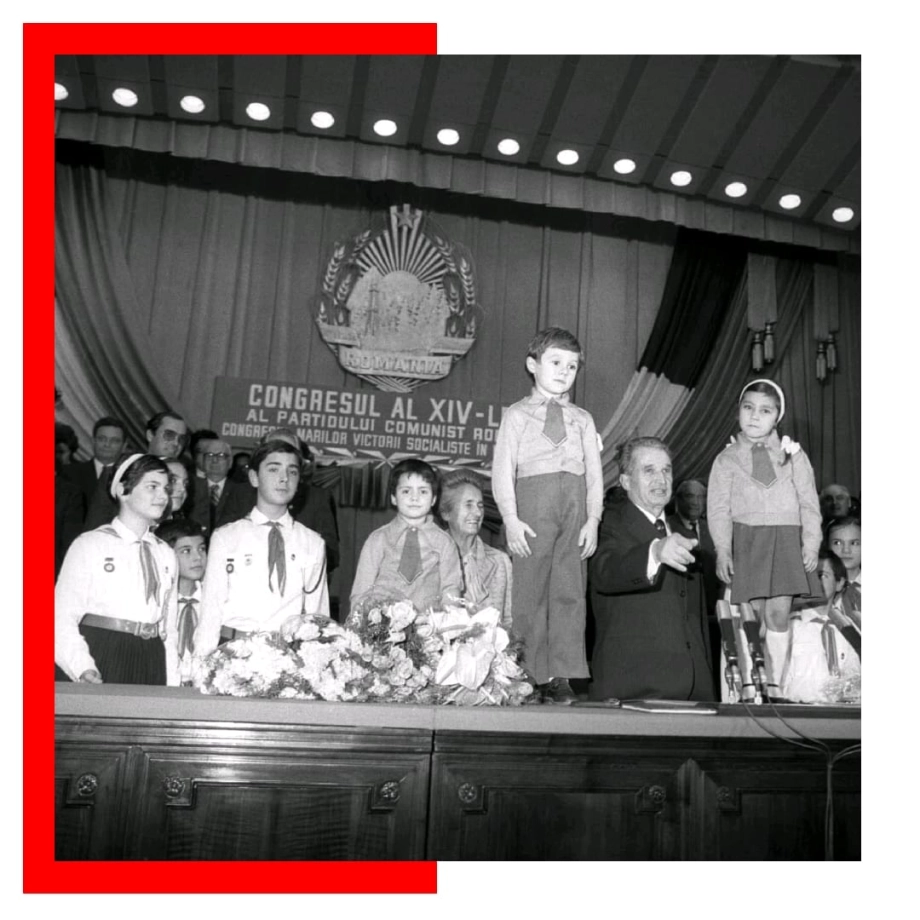
May 20, 1990 - Five months after the 1989 Revolution, Romania holds its first free and democratic elections since World War II. Turnout was about 86%.
Before 1989, the elections in Romania were fictitious, even if there were electoral campaigns, and the voting process was presented as democratic and was carried out similarly to the current one.
Nicolae Ceausescu, the leader of the Socialist Republic of Romania, had a four-year term and was not directly elected by the vote of the Romanians, but by the Grand National Assembly.
The elections that ordinary people voted for were the legislative elections. There were, as there are today, election campaigns, and those proposed to be part of the Great National Assembly went through factories and institutions as bearers of the party's messages.
The election always ended with a score of 99.9%. Some Romanians went to the polls either out of fear and obligation or out of the debt they felt towards the system, but many took the opportunity to socialize. In many communes and small towns, small festivities were organized and people went out for a beer after voting.
Some more courageous voters expressed anti-system outrage by writing messages on ballot papers. "Down with Ceausescu", "we want bread" or "we want heat in the apartments", were some of the unanswered demands, being erased by the observers of the polling stations when counting the votes.
photo credit: Agerpres
